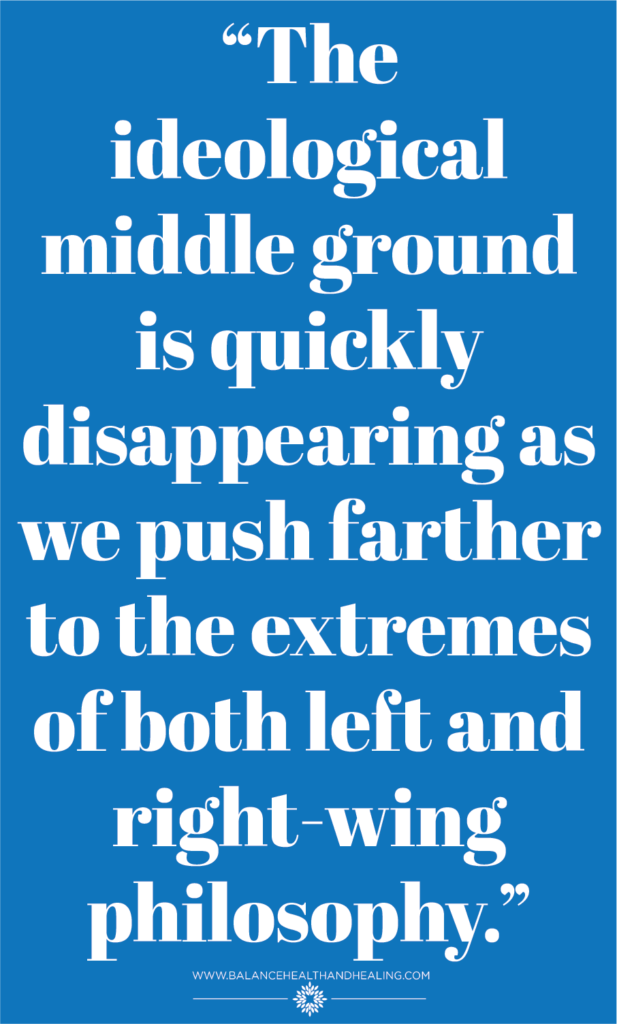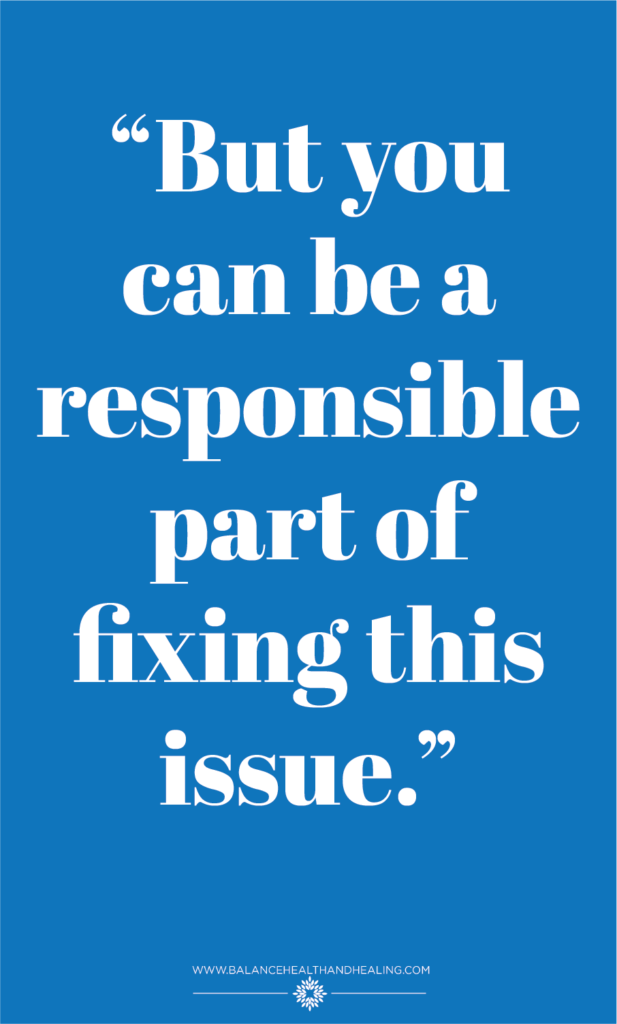One of the best (read: worst), parts of college is the assignment (read: punishment) to write research papers on various subjects. Usually writing isn’t a huge deal, I’d like to think I’m pretty great at throwing some coherent thoughts together (though you probably think otherwise), but the issue is with a research paper, you can’t just put your thoughts on paper. You have to put a lot of time and effort into finding articles and studies that support your claims. I find this research usually leads me to change my claim, or adjust it to better fit the research, which means I have to adjust my paper and constantly check that I’m sticking to the research as I write. It’s all quite exhausting and much more difficult than a normal paper.
All this being said, research papers can be really interesting, and sometimes even rewarding (sometimes).
So let me tell you about my most recent paper. I wrote it for a communications class focused on mass media. Our assignment was to argue one side of a controversial topic focused around media, and find research to support our argument.
I decided to write mine about social media and its effect on political polarization. That’s right, politics. Buckle up kids, it’s time to get triggered.
I’m kidding, the purpose of this blog and my original paper is not to argue left vs. right or to hurt any feelings. The point is that a lot of us feel that our current political discussions are much more heated and extreme than ever before, and it’s important to know why.
 What I found in my research, and what is truly worrisome, is that social media is having an effect on political polarization, and it’s not a good one. The ideological middle ground is quickly disappearing as we push farther to the extremes of both left and right-wing philosophy.
What I found in my research, and what is truly worrisome, is that social media is having an effect on political polarization, and it’s not a good one. The ideological middle ground is quickly disappearing as we push farther to the extremes of both left and right-wing philosophy.
A Pew research article told us as much: ““The share of Americans who express consistently conservative or consistently liberal opinions has doubled over the past two decades, from 10% to 21%. As a result, the amount of ideological overlap between the two parties has diminished” (Doherty, 2014).
Now I’m not here to say that social media is the only reason polarization is increasing, there are plenty of other factors that we could discuss. But it is clear that social media does play a role.
There were two main ways I focused on social media’s polarizing effect, these certainly aren’t the only ways social media affects us politically or otherwise, but they are two notable ways. They are through availability of information, and echo chambers.
Firstly, availability of information. This is pretty straightforward: social media gives us greater access to information and at a greater volume, this encourages us to be more politically involved, and as a result, we tend to float to one side of the spectrum. This makes sense, because it happens with most other things: you learn about something, and as you do you form an opinion about that subject. You can learn more about this concept here.
The second way social media leads to polarization that I discussed was the concept of echo chambers. If you pay much attention  to politics and social media you’ve probably heard this term. Echo chambers are “environment[s] in which somebody encounters only opinions and beliefs similar to their own and does not have to consider alternatives” (Oxford Learner Dictionary). Social media is built to create echo chambers. The algorithms are designed to suggest content that it thinks you’d like, so the more involved you are with one side of the political spectrum, the more your suggestions will reflect that side. It’s easy to see how only seeing one side of an argument would make an individual sympathetic to that side, and unable to see or understand the other side of the argument. Here is a study that discusses this idea in greater depth.
to politics and social media you’ve probably heard this term. Echo chambers are “environment[s] in which somebody encounters only opinions and beliefs similar to their own and does not have to consider alternatives” (Oxford Learner Dictionary). Social media is built to create echo chambers. The algorithms are designed to suggest content that it thinks you’d like, so the more involved you are with one side of the political spectrum, the more your suggestions will reflect that side. It’s easy to see how only seeing one side of an argument would make an individual sympathetic to that side, and unable to see or understand the other side of the argument. Here is a study that discusses this idea in greater depth.
So what is to be done about it? Well, other than getting rid of all social media and living in a hut in rural Peru, I don’t think there’s much you can do to avoid the current political climate. But you can be a responsible part of fixing this issue. You can be more open to other ideas, willing to discuss things across the aisle, and be welcoming to people that disagree with you.
Online, you can diversify your feeds. Instead of unfollowing your politically active friend from the other side of the political spectrum, you can take the time to read their posts and consider their ideas. Note, this doesn’t mean embracing negativity. If someone is constantly trying to start fights, unable to have a discussion, or is otherwise toxic, you have no need to follow or interact with them. But for everyone else out there, embrace ideas that aren’t your own. Before your texting thumbs start commenting angry responses, or you hit the “mute posts” button, take a read, consider the ideas, and compare them to your own, without needing to dehumanize or antagonize the person who made the post. Not only will you avoid anger, frustration, and the risk of losing a friend, but you’ll be able to contribute to a more intelligent, healthy, and inclusive discourse. Heck, you might even find things that you agree with.

